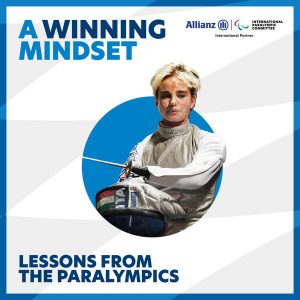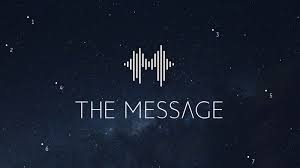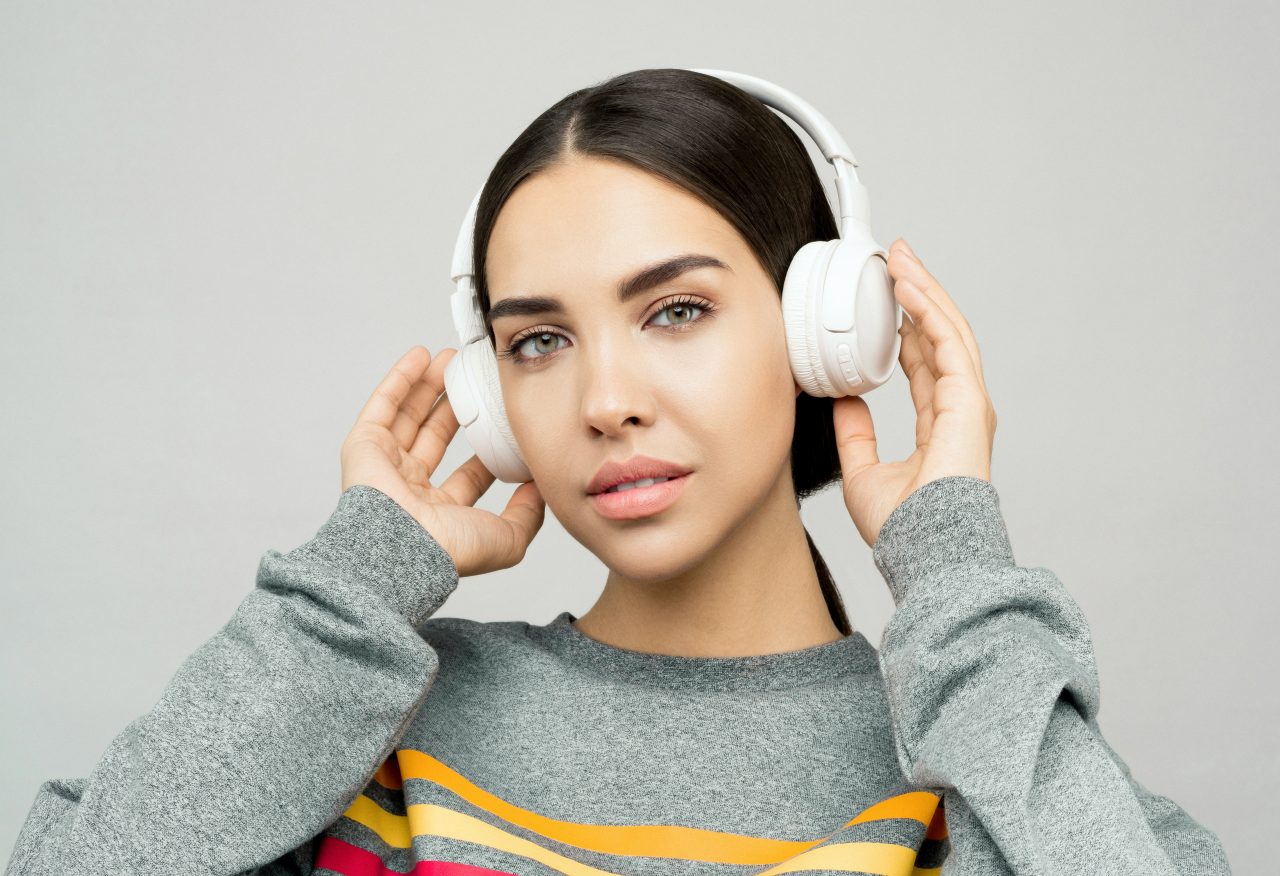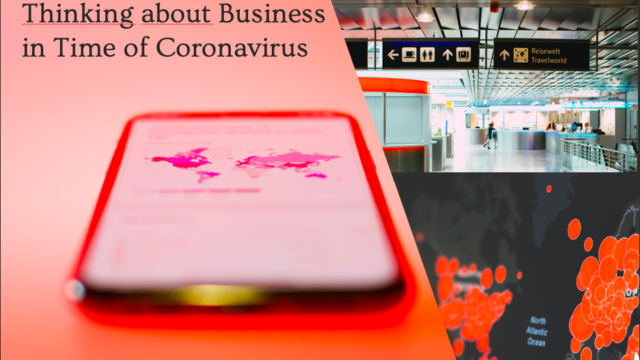BRANDED CONTENT PODCAST
How to use it for business communication
Photo by Sound On on Pexel
Podcast listening is worth more than $11.5 billion worldwide (source: Podcast Insights 2021), with a growth forecast of about 31% annually, to the point that native podcasts are thought to take the place of radio.
Worldwide +2,000,000 podcasts have been created and their audience grow in every topic, attracting more and more different types of listeners.
If podcasts are rapidly increasing in popularity, few companies, except the big ones, have figured out how to exploit this leverage and which benefits they can actually bring. In addition, the use of podcasts by smbs is slowed down by the lack of knowledge about the content and the most suitable formats to choose before they become successful and give results.
But what exactly are native podcasts and why are they becoming more and more important for business communication?
A native podcast is a digital audio content specifically created to be broadcast over the internet. Unlike the replays, which are the radio broadcasts that you can listen to online and on-demand, what differentiates a native podcast is the specificity of the environment in which it is conceived: digital.
Digital listeners are passionate about series and characters, themes and topics just as they are about traditional programs from other channels, and today the battle to capture their attention is becoming more and more compelling.
Podcast as a new way to business communication
Podcast, like other branded content, creates a direct link between the company and its customers. Corporate communication has always used the image, in particular videos, to attract the attention of customers at multiple levels: transferring information, inspiring through images, giving emotions. But the sight is not the only way. The chances to transfer branded content messages by listening are getting richer and richer, for a feature that videos do not have: being screenless, that is, not engaging the eyes and leaving the user free to do anything else while listening. For example, in America 64% of customers listen to them while driving, in fact, the usability of podcasts is the first lever of their development.
What advantages have podcasts over other branded content that we already know?
First, they allow you to be multitasking, because they leave the user free to do other things. For example, they are perfect for filling the time during a boring job that doesn’t require concentration. They are used a lot to pass the time by commuters and during travels.
Podcasts relax and make you think of something else, they are a means of escape and above all they are a tool for quick learning on topics of interest that you never have time to deepen.
At this point it’s important to note that podcasts spread more and more because they can be integrated into other content too, such as articles and blogs, Fb posts, Instagram stories etc, strengthening communication, especially the business one with a practical and fast means like audio.
People are curious about podcasts and listen to them as long as the content is actually interesting and exciting. Podcasts are the ultimate frontier of business communication and, to work, they are more than a person speaking in front of a microphone, and this is the critical point that limits their use in many cases.
Podcast is a means “content first”
A user’s attention is captured in a matter of seconds and in a matter of seconds it’s lost. The centrale role of content for the development of podcast is perhaps the element that most differentiates it from other branded content, where the beauty of images can balance a weak text or weak messages in a video or in a presentation. In podcasts, however, voice and sound are all that comes to the user, so the content, the form, the rhythm with which you talk, the sound effects or the music are paramount.
An interesting fact, reported by the BBC is that « auditory attention » is stronger than visual attention and that brands that communicate via podcast would have a higher engagement, on average of 16%, compared to other types of content.
The audio messages would be more impactful to our brain than the video ones, facilitating the passage of information. We talk about « podcast intimacy » that is the direct, almost intimate relationship that a speaker can create with a listener through podcast and that for a brand would be extremely important. Content and audio format play the primary role to achieve this intimacy. You can choose a famous speaker who talks about topics of interest to the brand, or a format talk, between authoritative personalities compared to certain themes. When the budget does not allow the use of famous people, as in the case of medium and small businesses, you can still opt for a format in which the text and voice are both pleasant and interesting, designed to answer curiosity of the public on a given topic. Especially popular are podcasts in short formats, from 3-4 minutes to 20 minutes, because they do not require an investment of time and are the perfect content to «consume» doing other things.
What are the objectives of podcast communication?
Podcast for the companies is just a new channel to get in touch with the public (current and potential customers, investors, stakeholders, etc.), offering continuity with the objectives of its communication. As well as videos, social posts, adv messages, events and any other occasion of contact with an audience, podcasts are an opportunity to continue the storytelling of the company: communicating its values, news, launches, initiatives, and all that, even from a commercial point of view, can be useful to share and raise awarness.
1. INCREASING BRAND AWARNESS
Traditionally, the first objective to be pursued with a podcast is to increase brand awareness and communicate its values. Above all they are perfect to increase credibility, authority in specific fields and brand reputation. Regardless of whether Btob or Btoc, whether it is a technical, luxury or leisure product, the company has the opportunity to address certain issues of general interest and offer quality content to its users.
An example of this is the series “Future” of Microsoft, created with Gimlet Creative, which talks about issues related to work, technologies, data security and everything that can affect our future, and A Winning Mindset, a podcast series born from the collaboration between the International Paralympic Committee and its world partner Allianz. The series, strongly involving, starts from the unique stories of para-athletes marked by difficult events such as accidents and health problems, which become inspiration and motivation for the listeners.

2. Promoting sales by podcast
Better to avoid doubts: no one will ever listen to a promotion or a sales pitch of a product 30 minutes long. Nevertheless, podcast can pursue sales goals, particularly because it creates leads.
Talking about an interesting topic or sharing knowledge not only increase brand awareness but create a link with listeners, especially if the podcast is directed to a new target that may be interested in the offer of the company.
An example is the series « Why we eat what we eat » a talk format of a young company Blue Apron, which opted for podcast as communication strategy to be known. The company provides a special food delivery service: deliver fresh ingredients and recipes to cook them. The series speak about a very topical topic, related to ingredients, our eating habits and health and have had a great success in public.

In general, podcasts strengthen customer relationship and loyalty, especially if the listener and his/her needs are at the center of podcasts.
Podcast can also be used to talk about a product. General Electric has developed a medical technology based on sound waves and to create interest around its innovation instead of limiting itself to videos and promotional messages, has chosen the path of storytelling creating the two series on the sci-fi genre The Message and Lifeafter. The plots of the two series are quite exciting: in « The Message », a reporter, Nicky Tomalin, tries to decode a message from alien radio waves recorded 70 years ago, facing many unforeseen problems and dangers, since whoever tried to decipher the message is dead. « In A Lifeafter », Ross, an FBI employee, spends his days talking to his wife who died eight months earlier, thanks to sound wave technology. The two series take listeners into a science fiction journey, with over 4 million listeners, engaging them episode after episode in a narrative that goes well beyond the launch of a product and reaching the goal of creating an interest in the new technology of GE.

3. Storytelling
Podcasts, like any other means of communication, are the perfect chance to continue the narrative of the enterprise, where you can choose from a variety of formats and creative content to entertain the public and, as the example of GE shows, without any limit to the imagination.
In a more classic narrative format, Dior launched the “DIOR TALKS”, to tell about topics that are the basis of its DNA. Its series « Feminist Art » involves women artists who have collaborated with the brand, telling their story and their difficulties to impose themselves, until the challenges of tomorrow.

Along the domain of luxury brand, Chanel launched its podcast series in the form of talks too inviting artists and friends of the house to talk about creation and sources of inspiration, central themes for the French company.
4.Education
As for video, both in internal and external communication, podcast can be an excellent learning tool and easily replace training sessions, especially in our time when the use of smart working is necessary. Lighter than video sessions, audio training courses are very pleasant and extremely usable at different times and for all topics.
By the way of training and motivational podcasts, increasingly popular are formats such as « Entrepreneurial Thought Leaders » created by the University of Stanford, in which you discover the personal paths, the secrets and failures behind rleaders to turn them into learning opportunities for future entrepreneurs.

In conclusion, at a time when it is difficult to attract attention and communicate effectively, podcasts offer particular advantages over the classic tools already exploited by companies. The ease of listening, the possibility that the user is free to do other while listening and the intimacy they create, make them a perfect means to create a relationship with existing and potential customers. Podcast pursues the same objectives as enterprise strategy and can also reinforce the other communication channels, as long as it has consistent and creative content, capable of arousing and maintaining users’ interest.







